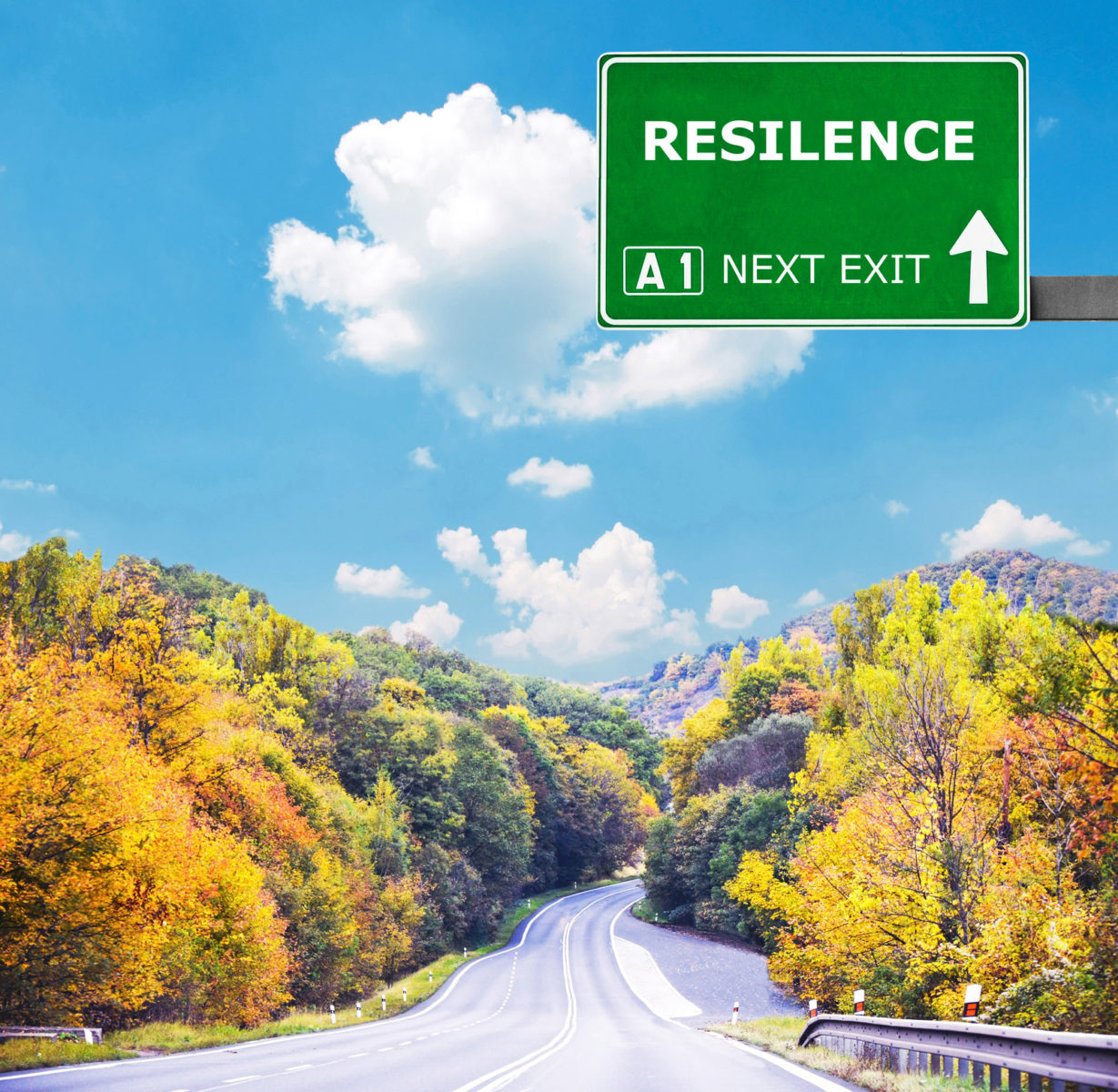20 Jul Resilience for Fearless Leaders
News reports of the recent police-involved shootings, resultant protests and retaliatory targeting of police officers for the actions of “bad actors” within the profession, have cast a pall upon what has traditionally been viewed as a noble vocation. With all of the disconcerting news focused on the field of law enforcement, there was a glimmer of hope that cut through the fog of raw and heavy emotions. The manner in which Dallas Police Chief David Brown persevered in the aftermath of such calamity and heartbreak models the very definition of Fearless Leadership. Specifically, the one quality that makes this exemplary law enforcement executive stand out is his resilience in the face of unspeakable tragedy. Let’s explore this thing called resilience and how self-aware leaders can leverage this attribute on their journey to Fearless Leadership.

As a leader, the daily challenges you face will likely never rise to the level of what was faced by Chief Brown, but they are impactful to you. How can you leverage your own reservoir of resilience in the face of oncoming challenges?
First and foremost, is to realize that personal resilience doesn’t have to be limited by the confines of self. We all live in a world of connectedness that stems from a very human need to be linked to others. That connection means a self-aware leader will realize they are not alone when the burdens of the position seem heaviest. In times of stress, tap into the resilience of not just self, but others. Be aware that those looking to you for leadership will mirror what you put out in the world. If you are confident and resilient in a time of stress and calamity, those around you will draw strength to face the challenge in a similar fashion. Likewise, tap into that reciprocal energy to recharge and draw upon your personal reserves of resilience.
Resilience doesn’t mean that you cannot or will not tire as the burden of crisis surpasses our known capacity for coping. The Fearless Leader has to be self-aware enough to recognize when to step away for a moment to spiritually, emotionally and physically recharge in order to keep from reaching the point of burnout. Going past the juncture of what you are capable of delivering at a time of stress does no one any good if you lose the ability to function when you’re most needed. Even during times of catastrophe, self-maintenance is necessary to keep a leader in the “good fight.” Easier said than done, as a sense of guilt may descend when taking a moment of personal time when everyone around you is giving all they’ve got to resolve a crisis and its aftermath. It is better to recharge and reset, than to make bad decisions that could worsen matters if you don’t take care of yourself.[clickToTweet tweet=”Fearless Leaders need to build and manage a reservoir of resilience to leverage in times of challenge and crisis. ” quote=”Fearless Leaders need to build and manage a reservoir of resilience to leverage in times of challenge and crisis. “]
As a Fearless Leader, the time to prepare for the test of resilience that you will certainly face is before the crisis arises. Take time to think about how you physically and emotionally react to stressors. Recall how you’ve coped with and managed that stress. How did you maintain a sense of balance in times of chaos? Write down your coping strategies and keep them handy. You might need to draw on those strategies “when the going gets tough.”
Fearless Leadership is in no way a singular endeavor. It may be “lonely at the top,” but in times that require the very best that a leader has to give, look to those around you. Share in the reserves of resilience others will offer in reaching the shared goal of crisis resolution. Chief Brown was a pillar of resilience in the aftermath of an unthinkable tragedy. However, I’m sure he also drew strength and resilience from those close to him, around him and those rooting for him to lead, heal and continue to do his duty as a Fearless Leader.
Related Articles
Ready to fearlessly provide feedback and get positive results?
Our Fearless Leaders MasterClass® Program will help you develop the emotional intelligence and leadership skills needed to have effective conversations.
Sign up to reduce manager overwhelm and employee turnover.




